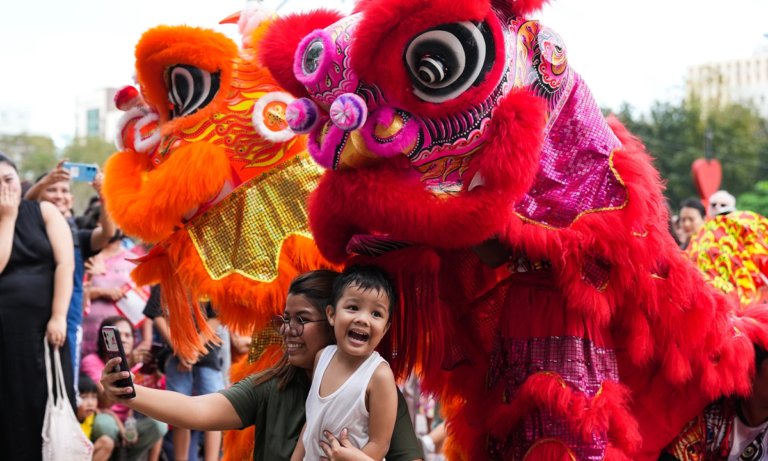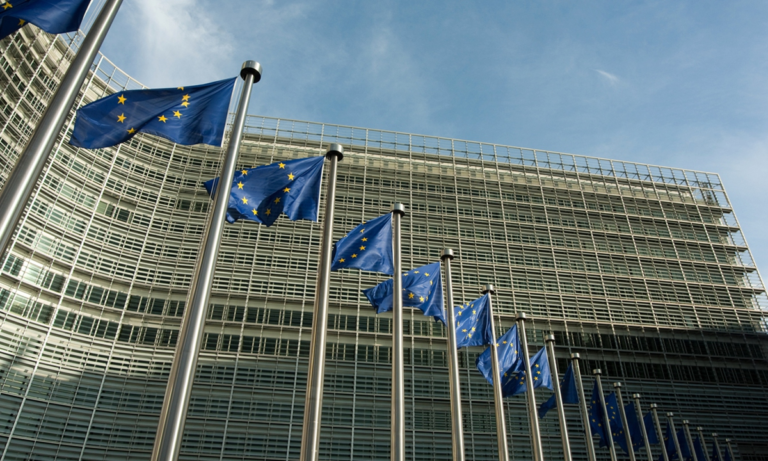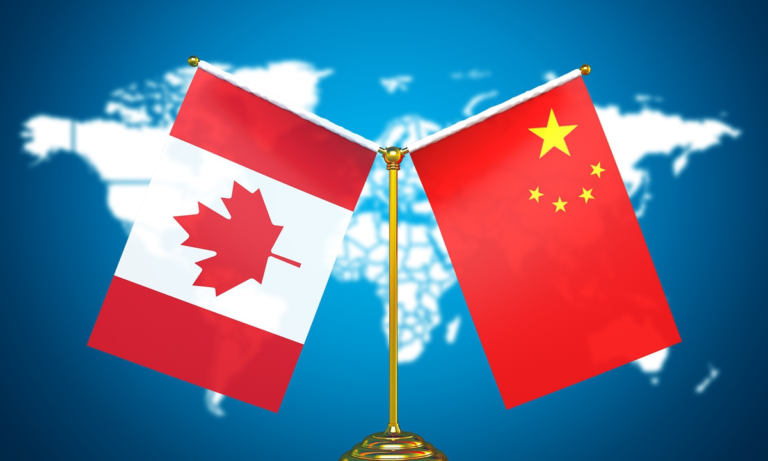
The annual session of the National People’s Congress (NPC), China’s parliament, kicked off this week. However, judging by the coverage from major news publications, much of the media attention seems to be focused instead on how U.S. tariffs might impact Washington’s trade partners.
Indeed, while U.S. President Donald Trump’s speech to Congress on Tuesday lasted over 90 minutes — the longest in recent history — Chinese Premier Li Qiang’s speech at the NPC on Wednesday was under an hour, reportedly shorter than in recent years. This contrast seems to symbolize the differing levels of confidence between the two countries.
China’s 2025 gross domestic product growth target was set at “around 5%,” the same as in the past two years. However, with Washington and Beijing continuing to clash over tariffs, Li’s speech highlighted rising risks in greater detail than last year’s address.
At the same time, China’s official inflation target, as measured by the consumer price index, was lowered from around 3% to around 2%, even as Beijing signaled a commitment to expansionary spending to support growth. Once again, China appears more defensive than offensive, in contrast to the U.S. I encourage you to follow our comprehensive coverage of the legislative gathering, which continues through next Tuesday.
My suggested reads
1. China’s local governments are racing to integrate DeepSeek’s AI model in their daily operations, and questions over the safety, security and necessity of such moves are taking a back seat to showing support for the nation’s tech darling.
2. Islamic finance has for years been only a small part of the banking sector in Southeast Asia outside Malaysia, where it dominates. But that is starting to change as new players and products, including the region’s first fully digital Islamic bank, seek to tap into the market.
3. Stagnant wages, stubborn inflation and high interest rates are squeezing Indians, prompting more people to forgo debt-fueled lifestyle upgrades. As a result, banks face a sharp slowdown in consumer credit growth, potentially denting their profits.
4. The muddled legacy of Joko Widodo’s drive to build housing for Indonesia’s poor, marred by developments shunned for their remoteness or low quality, is now clouding the outlook for presidential successor Prabowo Subianto to triple the housing construction target to 3 million units a year.
5. Contributing writer Zinara Rathnayake takes us on a tour of Hanoi, sharing her tips and insights on the city’s tastiest street food, rich coffee culture, vibrant neighborhoods and five-star retreats, all while weaving in notes on the Vietnamese capital’s deep and complex history.





